After reading “The Bookstore” written by Deborah Meyler, Zekija was so charmed with this book that she not only decided to write a review for our little blog, but also to write a few words to the author herself. She never expected to receive a response but Mrs. Meyler wrote back! Soon after, in a casual Facebook-chat with me about food and vacation and college, Zekija mentioned that she was thinking about asking Mrs. Meyler if she would be willing to answer few questions for Bibliovca about herself, “The Bookstore” and books in general. “Why not?” I said. “The worst that can happen is that she will say ‘no’ or not respond at all.” Not even an hour later a message from Zekija popped up on my computer screen: “SHE SAID ‘YES’!” And just few days after that I received this beautiful and fun interview between these two pretty ladies. 🙂 Are you ready? 🙂
—o—
Zekija: What do you think is so special about reading books? We sometimes have problems explaining why it makes us happy.
Deborah: I am pretty sure that whole books could be written about this, about the need for us to see into other minds, share other perspectives, about he moral need to imagine other people’s lives. BUt why does it make us happy? I think it is because of the superb trick our minds can play, of believing stories, of imagining stories when they are told to us. We only have one life, but with stories, we can all have many lives. We can suddenly be with Anna Karenina, or Madame Bovary, or in the sitting room at Longbourn in Pride and Prejudice, listening to Mr. Bennet say that Kitty has no discretion in her coughs. And these lives are shared – you know what that sitting room is like, just as I do, just as millions of other people do and did. Your Bennet family sitting room sin not the same as mine, of course, but that doesn’t matter.
Reading other books, non-fiction, is just as important – the vital thing is that we stop being stuck with ourselves. We read other histories, other philosophies; we share, we grow.
—o—
Zekija: Do you smell books? It seems to be an addiction.
Deborah: My mother bought me an Enid Blyton book at the beginning of each month for twenty-on months, when I was a child. Each time, I opened it and got the same smell. It is one of the many smells that makes me happy. I don’t smell them much now. I have a few mushroom guidebooks – scratch-and-sniff mushroom books would be helpful!
—o—
Zekija: Do you have any sort of ritual before or during reading?
Deborah: No. I read all the time. I feel uneasy if I am reading a book of essays or criticism and don’t have a pencil handy, but that’s about the only one.
—o—
Zekija: What do you think about book bloggers? There seems to be more of them every day.
Deborah: I think they are brave. I sometimes write reviews, but I don’t feel very confident about it. I was a film reviewer when I was about 22, for a little while, and while I wasn’t bad about reviewing the films themselves, I felt very conscious that I had hardly seen any films at all. The filmmakers were probably busy crafting careful homages to the greats of yesteryear, and I had no idea. But I think bloggers are hugely important and hugely useful. There are so very many books, that you have to have some sort of editorial process to help you choose them. Bloggers perform that funcion, and they do it, largely, purely for the pleasure of it.
—o—
Zekija: Do you still write letters and post-cards?
Deborah: Hardly ever. I don’t know why, but I used to write letters and then forget to post them. I still have letters to people that I haven’t posted yet. I love e-mail, because that weird reluctance doesn’t happen. Having said that, I changed from writing novels on a computer to writing longhand – I write in a notebook, with a fast-flowing pen. It suits the pace of my thought better, most of the time, and it blocks my ears to the siren call of the Internet.
—o—
Zekija: If you could speak with three authors (dead or alive) which one would they be?
Deborah: Good question. Who wouldn’t choose Shakespeare? How long can I talk to them for? If it was offered, I would feel honour-bound to give away my spot to Terry Eagleton or someone like him, or some fantastic interviewer. I’d choose Chaucer, Shakespeare, and Jane Austen. They are all very funny and very serious.
—o—
Zekija: Who was the first to read “The Bookstore”?
Deborah: Phil Meyler, who read each night what I had written each day. He gave me that short term aim; he was very encouraging.
—o—
Zekija: Did you already start working on a new novel and do you feel certain pressure because “The Bookstore” is selling world wide?
Deborah: Yes, I am working on a new one, and it took quite a long time for the people in it to come alive. THey do that; it’s mysterious. (“The Bookstore” people were the same.) For a good while they are flat, pretend, like stiff dolls on a workbench. You think, “What is this think I am doing, what sort of silliness?” And then suddenly, they live. The fact that “The Bookstore” is selling well seemed daunting at first, but now makes me proud. I have an e-mail from a woman who read it to her disabled husband, and she said they both laughed out loud all the way through it. Another woman wrote to me and said she had read it all day in Starbucks, that she must have seemed like the mad woman in the corner, chuckling into her cafe latte. When I started to write it, that was my dream, to make people a bit happier than they would otherwise have been that day. So yes, there is a pressure, but it is outweighed by being glad of the response. And I have decided to write and be damned.
—o—
Zekija: Do you have a book that you’ve read more than once and why is that one so special?
Deborah: I have many that I read more than once. Great books are like great pieces of music or great paintings, I think. You don’t say, “Oh, I don’t want to look at that Vermeer, I’ve already seen it. No, don’t put Beethoven’s pastoral symphony on, I’ve heard it before.” I re-read Jane Austen, I re-read Angela Thirkell, I re-read Hardy – on and on it goes. I re-read poetry all the time – in that respect, poetry is much more like music and painting, for most people. I could call myself a lazy coward with reading, because I know, for an absolute fact, that re-reading Thomas Hardy will be in some way rewarding, whereas reading a new book by a new author is risky; one risks one’s time, one’s energy, even one’s sensibility. It’s braver to read new things.
—o—
Zekija: Do books have the power to change the world, especially because we have a feeling that more people are reading books?
Deborah: Clearly they do – the Bible, Mein Kampf, Das Kapital, the Qur’an – but I think the more we all read, the more we will all understand, the larger we will all be. That can only be good.
THE END




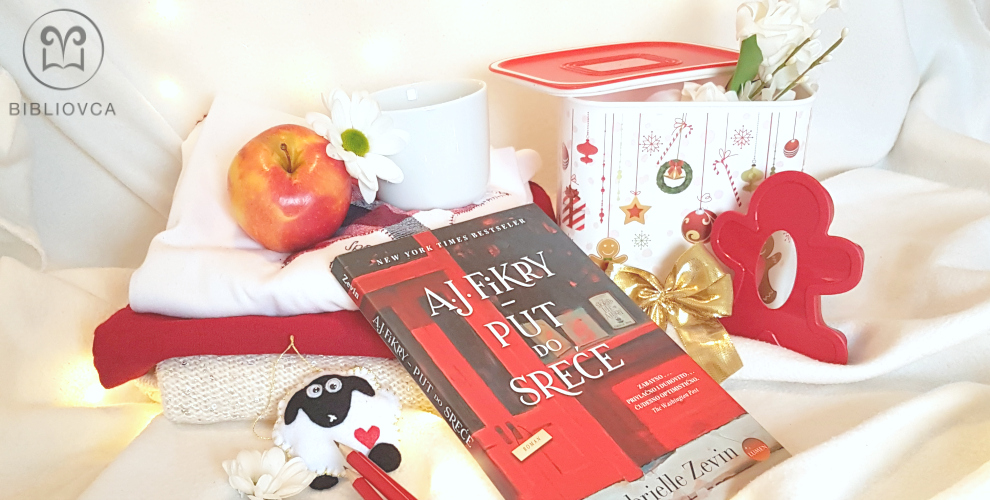
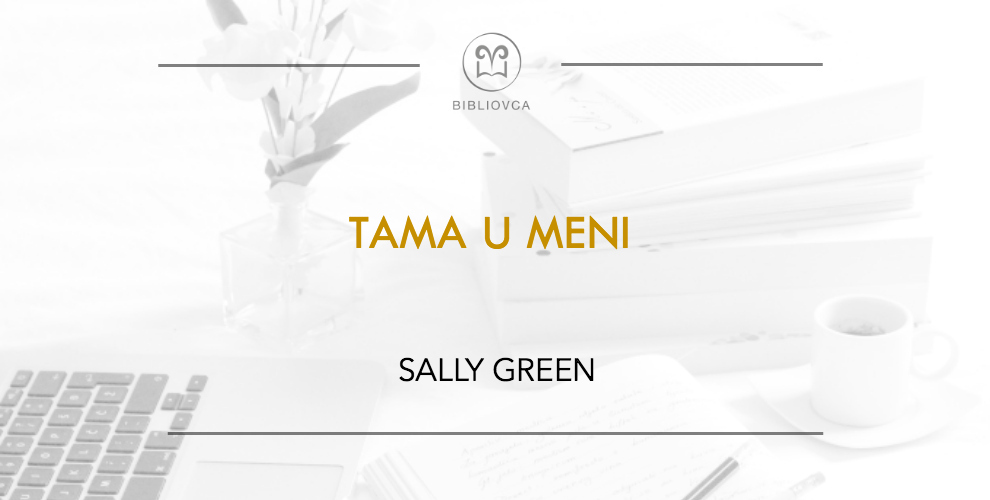
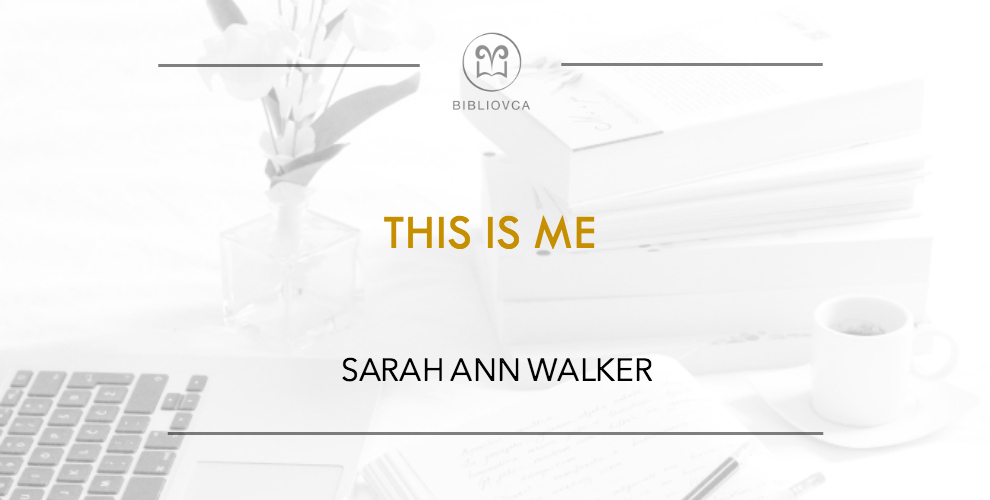
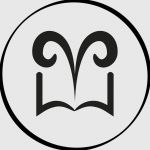

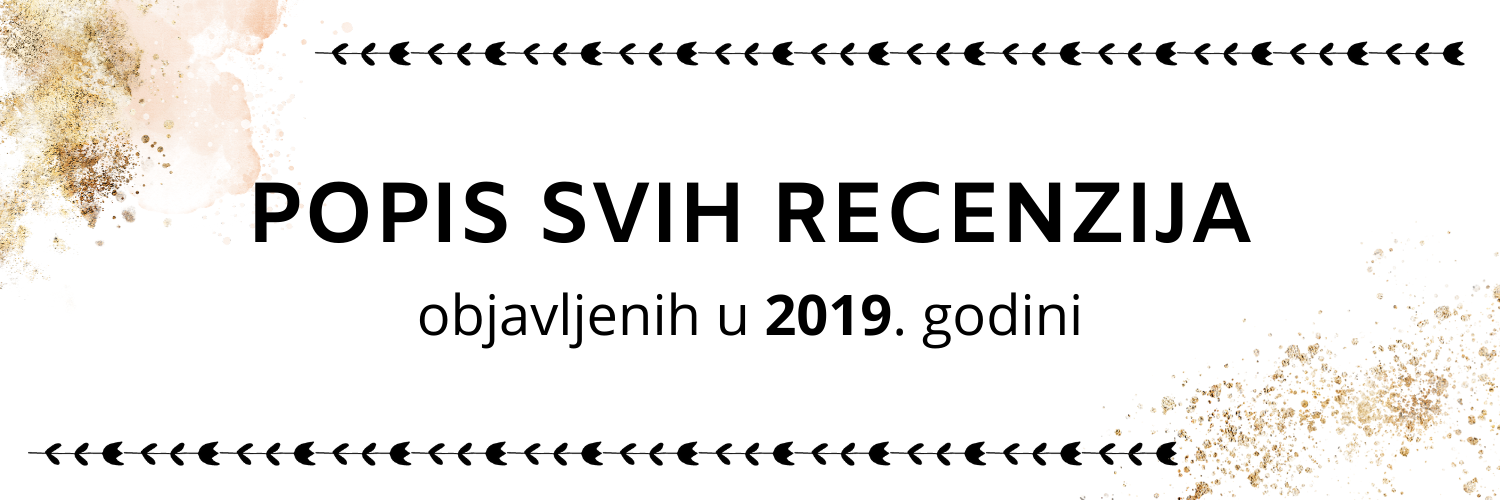
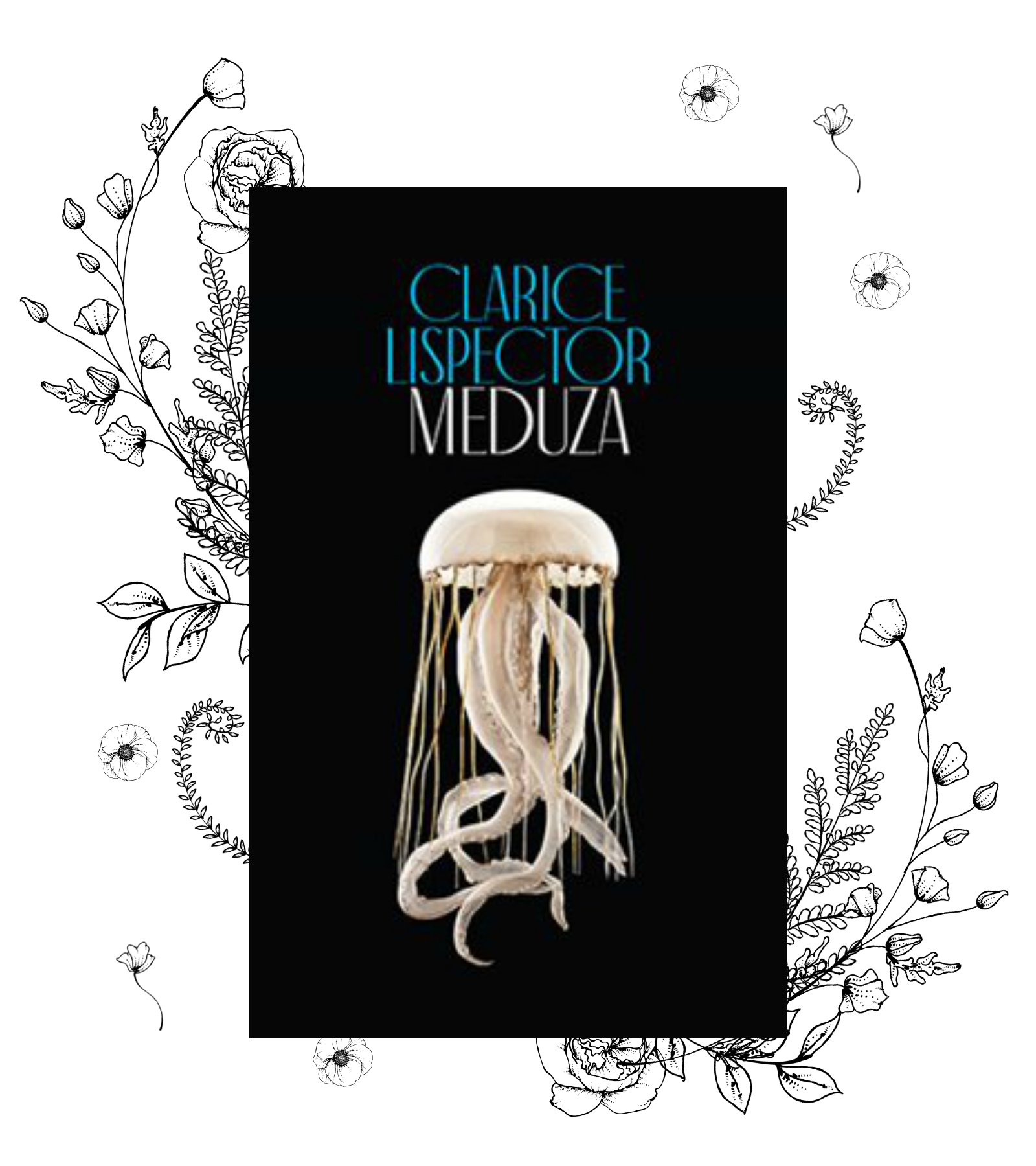
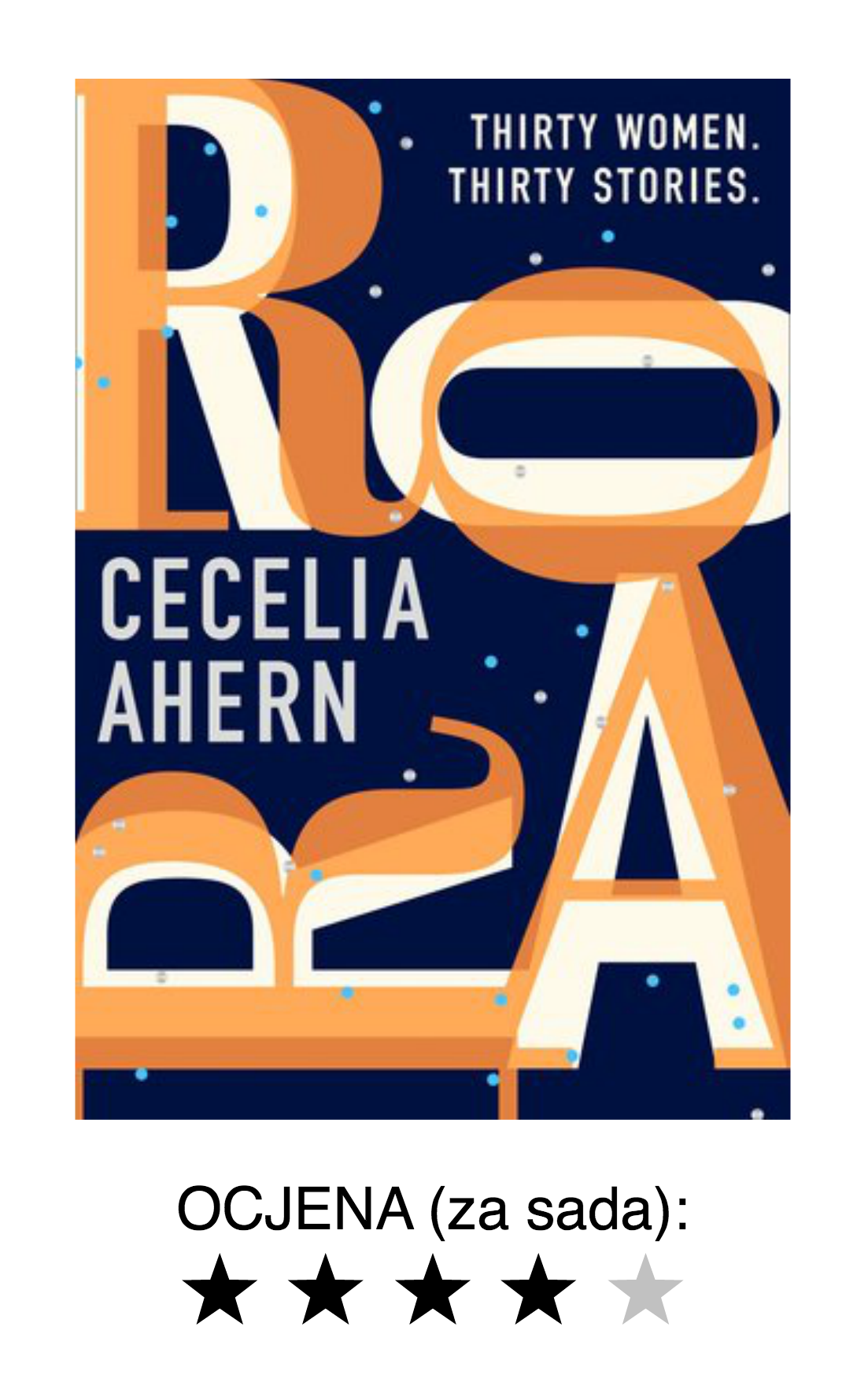
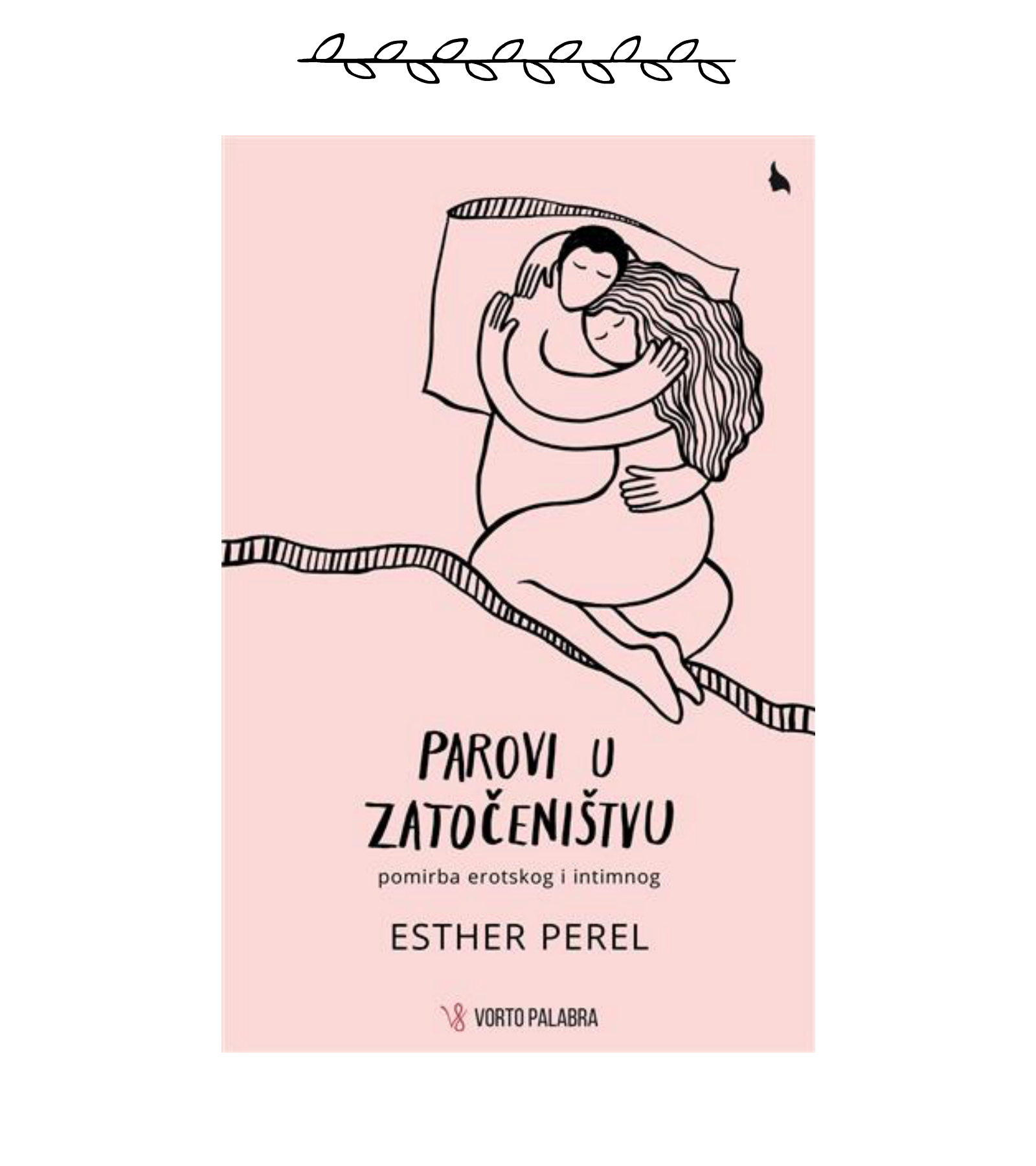
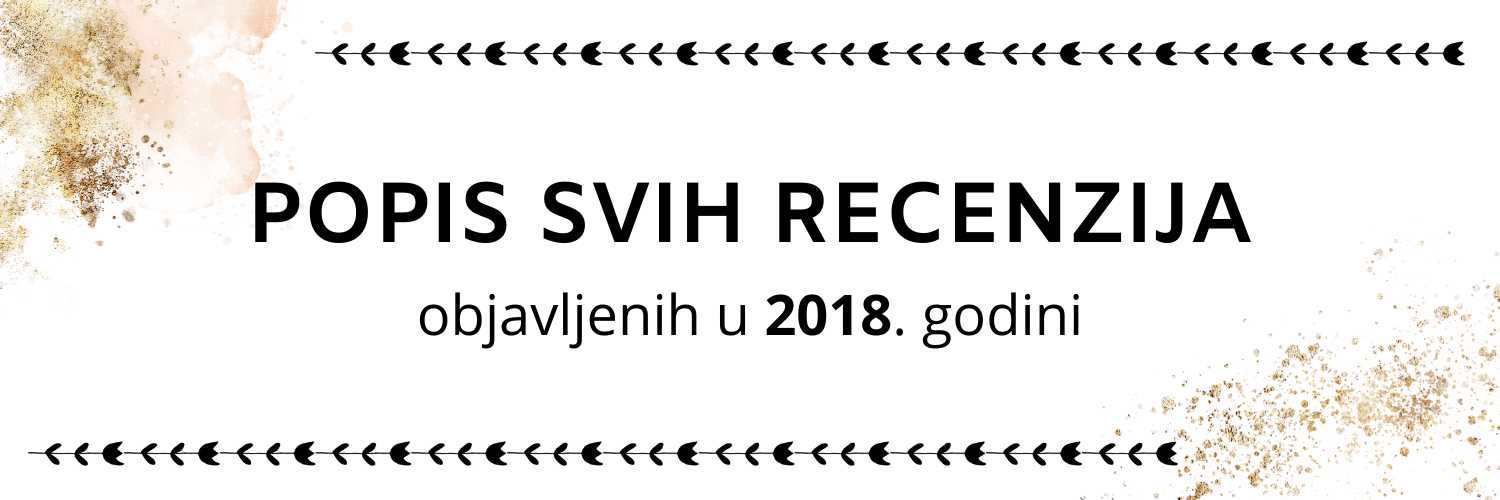

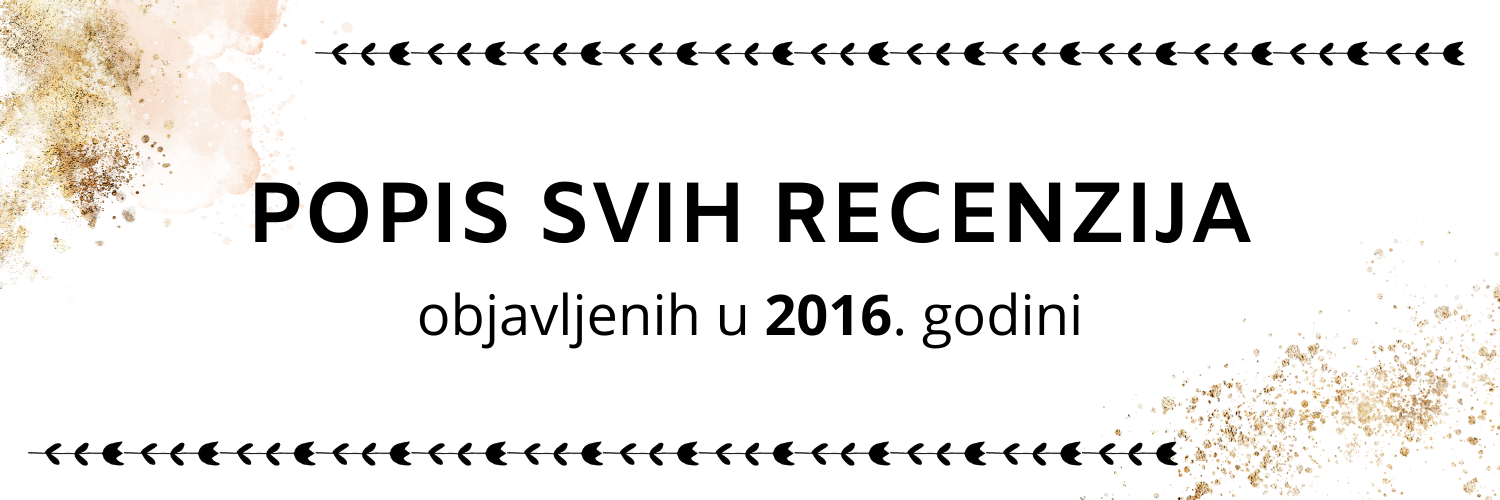

0 Comments